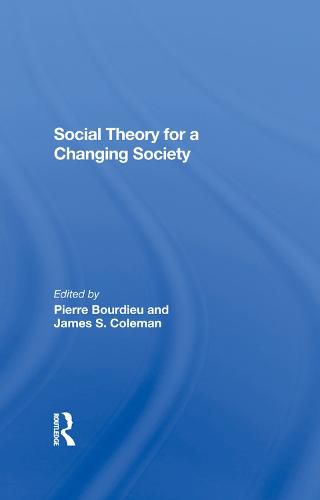There is in modem society a structural change that underlies many of the social changes with which the conference was concerned. My argument here will be that this is a qualitative change in the way society is organized, a change with many implications. I will call this a change from primordial and spontaneous social organization to constructed social organization (see Coleman 1990, Chapters 2, 3, and 24 for an extended examination of this change). The common definitions of these terms contain some hint of what I mean, but I will describe the change more fully to ensure that it is clearly understood. By primordial social organization I mean social organization that has its origins in the relationships established by childbirth. Not all these relations are activated in all cultures, but some subset of these relations forms the basis for all primitive and traditional social organization. From these relations, more complex structures unfold. For example, from these relations come families; from families come clans; from clans, villages; and from villages, tribes, ethnicities, or societies.
Read More





